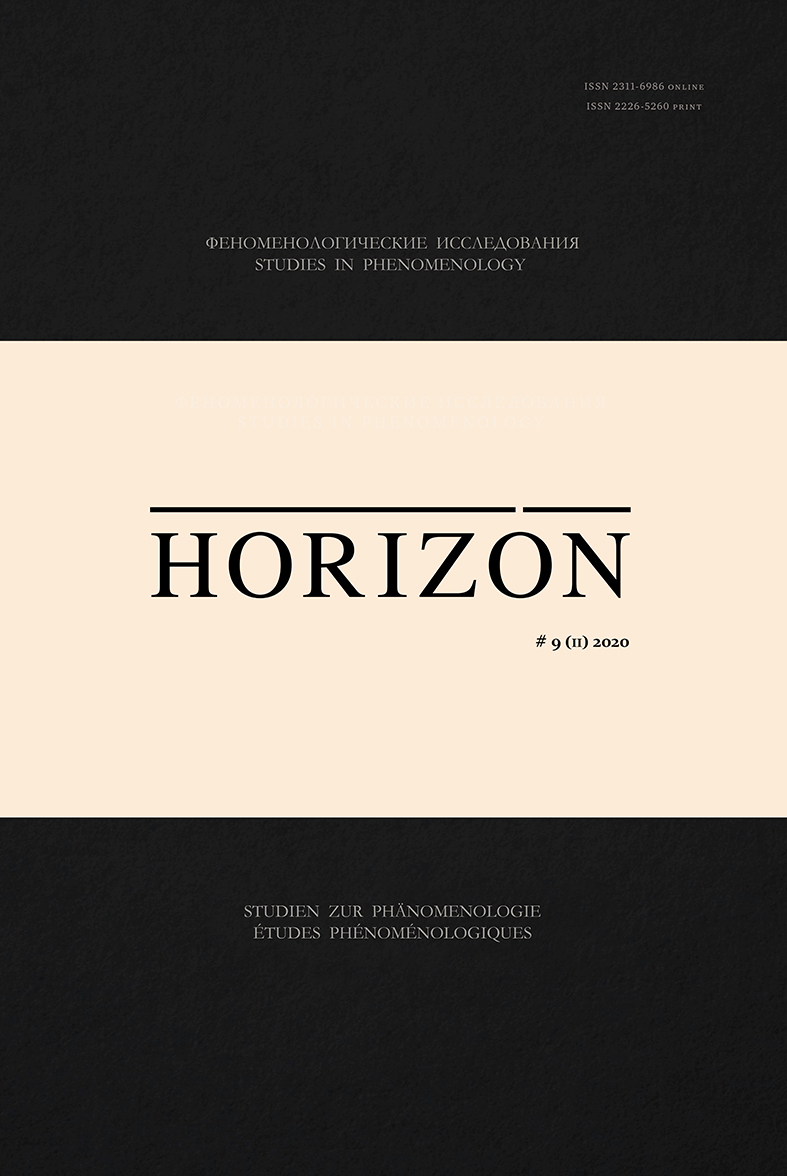Virtual Objects: Becoming Real
Virtual Objects: Becoming Real
Author(s): Bartłomiej SkowronSubject(s): Existentialism, Phenomenology, Ontology
Published by: Издательство Санкт-Петербургского государственного университета
Keywords: virtual object; real object; intentional object; becoming real; existential autonomy; actuality; existential ontology; Roman Ingarden; efficacy;
Summary/Abstract: From an ontological point of view, virtuality is generally considered a simulation: i.e. not a case of true being, and never more than an illusory copy, referring in each instance to its real original. It is treated as something imagined — and, phenomenologically speaking, as an intentional object. It is also often characterized as fictive. On the other hand, the virtual world itself is extremely rich, and thanks to new technologies is growing with unbelievable speed, so that it now influences the real world in quite unexpected ways. Thus, it is also sometimes considered real. In this paper, against those who would regard virtuality as fictional or as real, I claim that the virtual world straddles the boundary between these two ways of existence: that it becomes real. I appeal to Roman Ingarden’s existential ontology to show that virtual objects become existentially autonomous, and so can be attributed a form of actuality and causal efficaciousness. I conclude that the existential autonomy and actuality of virtual objects makes them count as real objects, but also means that they undergo a change in their mode of existence.
Journal: Horizon. Феноменологические исследования
- Issue Year: 9/2020
- Issue No: 2
- Page Range: 619-639
- Page Count: 21
- Language: English

